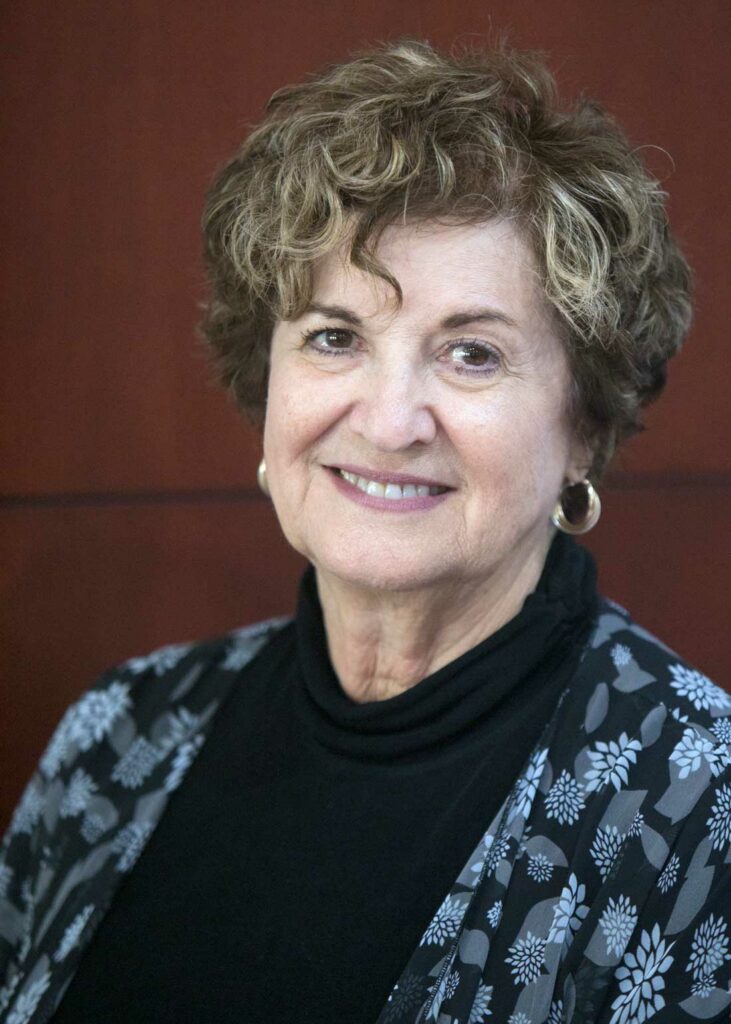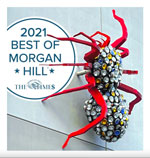We’ve just completed a most unique month for the interfaith community. In April, for the first time in more than 30 years, we experienced Muslims, Jews, Christians, Sikhs, Baha’is, Hindus, Buddhists, and Indigenous Nations and even more groups celebrating their holy days. Across multiple faiths, we were reminded of our unified communal purpose as a multifaith community.

The convergence of these holy days was an opportunity to remind ourselves of our shared aims and beliefs, while noticing and appreciating our differences. As we enter May, we look forward to continuing to work together and forging new and expanding understandings.
A personal story: Throughout my childhood and most of my adulthood, most of the people I encountered shared my religious heritage. Certainly, I knew people representing varying faiths, mostly Christian denominations, but they were acquaintances, not friends. My father was the executive director of a Jewish organization, and so my entire family’s world was centered in the Jewish community. For most of my adult life, I was a professional Jewish educator so my circle remained closed.
There was no ill intent or bias, it was simply the world I inhabited. And yet, even in that insular world, my beloved father always taught me, “There are many mountaintops and all of them reach for the stars.” I was taught to appreciate and be mindful of other religions.
Truth be told, it wasn’t until I became the Rabbi serving the Jewish community of South County that I was more intimately exposed to other faiths. It was here where I met and became friends with Muslims, Christians and Buddhists. I discovered that just as my life experiences insulated me from people of other religions, many people in this community had never met a Jew, Buddhist, Sikh, Hindi or Muslim before.
For that reason, I soon helped organize the Interfaith Clergy Alliance and the Interfaith Community of South County, two groups that now come together regularly to learn from one another, support one another and pray together. And when the opportunity arose to become the Executive Director of Interfaith Activities in South County, my heart felt like it had found my next purpose in life, my next opportunity to contribute to the greater good.
It has not always been easy for our interfaith groups to forge alliances. We’ve had to learn how to speak a common language and share agreed upon priorities. We’ve had to overcome biases and expectations.
One challenge regularly presented itself. While some faith communities pray in churches, others may pray in temples, mosques or centers. We’ve had to stop ourselves from referring only to churches and learn to say “Houses of Worship” in order to be inclusive. We’ve had to remind ourselves that there are different faith calendars and, when planning events, we’ve had to review everyone’s calendars—not only the ones with which we are familiar.
The clergy group has had numerous discussions about the content of prayer, asking ourselves if, when leading prayers at events, we should pray in our own prayer traditions—or do we attempt to use prayer that is more inclusive. That conversation repeats itself almost annually, especially when new clergy join the group. The Interfaith CommUNITY of South County, our lay group, regularly opens our meetings with readings from an inclusive book that Pastor Patrick Davis discovered: The Interfaith Prayer Book, compiled by Ted Brownstein.
An example of one such prayer reads: May peace triumph over discord here, generous giving over avarice, reverence over contempt, speech with truthful words over lying utterance. May the Righteous Order gain the victory (Avesta Yasna, 60:5, Zoroastrianism, the pre-Islamic faith of Persia).
Surely, these words translate into all of our deepest prayers, whatever our faith.
Rabbi Debbie Israel is the Executive Director of Interfaith Activities in South County. She is also Rabbi Emerita of Congregation Emeth, the Jewish community of South County. To reach her for further information about interfaith activities, email [email protected].








